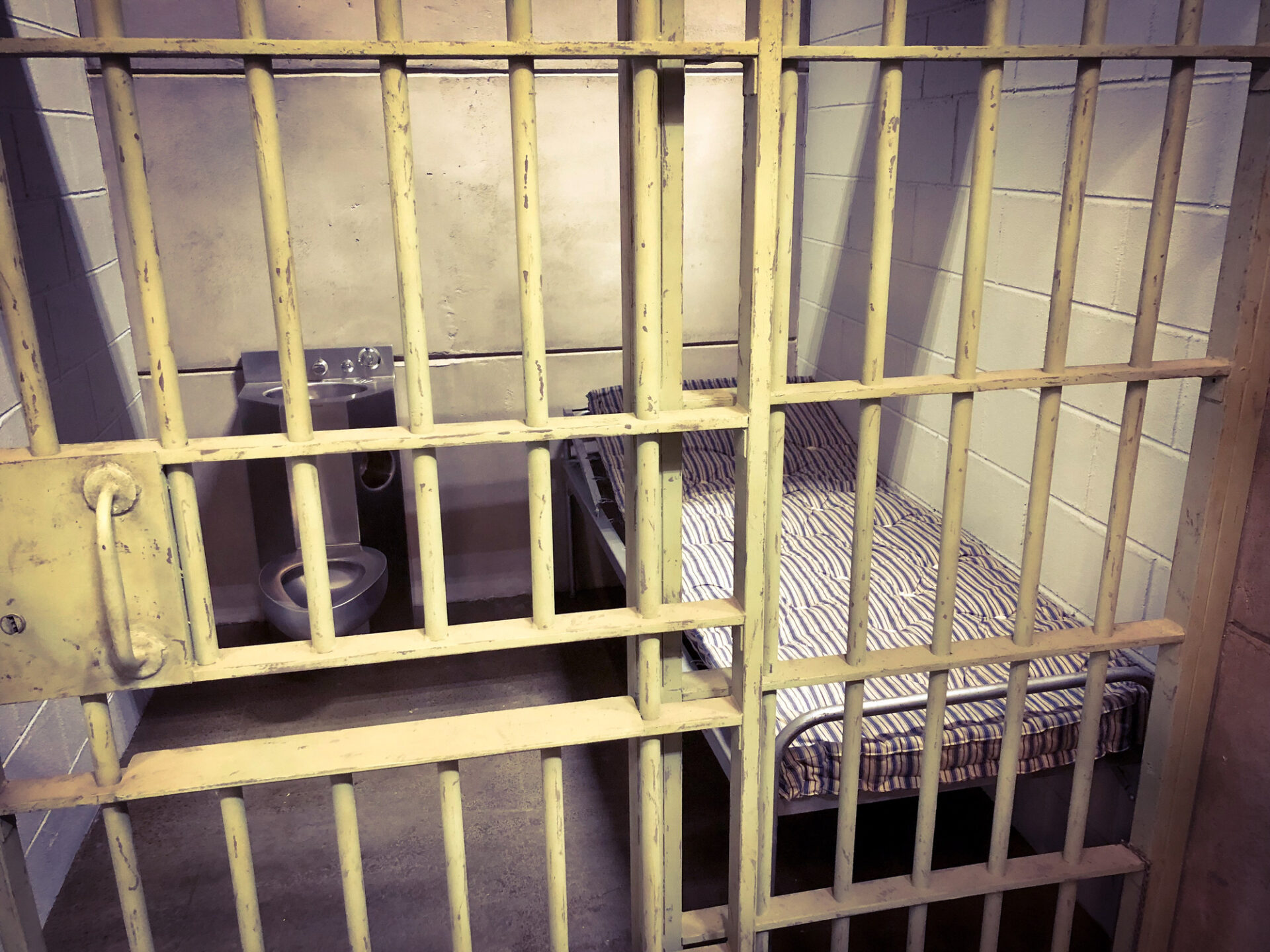
May 18, 2024
Inside The Dangerous Life-Threatening Jobs American Prisoners Are Forced Into
A new investigation reveals the dangerous life-threatening jobs American prisoners are forced into for little to no payment.
A new investigation is revealing the dangerous, life-threatening jobs American prisoners are forced into for little to no payment.
On Thursday, May 16, The Associated Press released a two-year investigation that takes a deep dive into the prison labor that dates back to slavery and has always disproportionately impacted people of color. With laws in place that allow for private companies to take advantage of the ever-expanding captive workforce, a multibillion-dollar industry has burgeoned with little oversight.
Each year, hundreds of thousands of prisoners are put to work at dangerous jobs, with little to no training, where they’re paid pennies an hour or nothing at all. American citizens serving out prison sentences are employed to fight wildfires, operate heavy machinery, or work on industrial-sized farms and meat-processing plants where they’re denied basic rights and protections the average American worker would receive.
As a result, many are left seriously injured or lose their lives to jobs that exclude them from workers’ compensation benefits and state and federal laws for health and safety. Many of the private companies behind the dangerous jobs serve as supply chains to huge companies like McDonald’s, Target, Albertsons, Cargill, Walmart, Burger King, and more.
Much of the data on the workplace injuries and deaths remains unknown due to prisoner’s silence out of fear of retaliation from prison staff. The state of California only reports 700 work-related injuries from 2018 to 2022 but The AP noted how redacted the documents provided were.
Blas Sanchez was nearing the end of his 20-year prison sentence while working at Hickman’s Family Farms when his leg got pulled into a chute with a large spiraling augur of a machine he was operating. After hours of waiting to get freed from the machinery, Sanchez was finally airlifted to a nearby hospital where his right leg was amputated below the knee.
Hickman’s is a major supplier of eggs to companies like McDonalds, Target, and Albertsons and markets eggs with brands like Land O’ Lakes, Eggland’s Best, and their own.
“They end up being mangled in ways that will affect them for the rest of their lives,” said Joel Robbins, a lawyer who has represented several prisoners hired by Hickman’s.
“If you’re going to come out with a good resume, you should come out with two hands and two legs and eyes to work.”
Most companies did not respond to requests about their ties to prison labor. But Cargill, which boasts the title of the largest private company in the U.S. with $177 billion in revenue last year, says it is actively working “to ensure there is no prison labor in our extended supplier network.”
Most prison labor is within the facility’s confines and pays a few cents an hour while the outside labor positions are limited and offer minimum wage where some states deduct up to 60% off the top. Research found that inmates are often retaliated against if they deny the forced prison labor.
Prisoner strikes demanding more rights are uncommon and swiftly suppressed. The U.S. Supreme Court has also ruled that inmates cannot join or form unions, call an ambulance, or request hospital transport for life-threatening job-related injuries.
Those who choose to sue face challenging obstacles, such as finding a lawyer willing to take their case. The challenges only increased after the federal Prison Litigation Reform Act was enacted almost three decades ago to reduce the surge of lawsuits accompanying the growing prison populations.
Research for the prison labor investigation was conducted using interviews with more than 100 current and former prisoners across the country, family members of workers who were killed by severe burns, traumatic head wounds, and even severed body parts. Reporters also spoke with lawyers, researchers, and experts, and examined thousands of documents, including the rare lawsuits that successfully navigate the court system.
In most states, public institutions are not liable for incarcerated workers’ injuries or deaths.
“We’ve got this category of human beings that can be wrongfully harmed and yet left with no remedy for their harm,” Michael Duff, a law professor at Saint Louis University and an expert on labor law said.
RELATED CONTENT: ‘Modern-Day Form Of Slavery’: Lawsuit Alleges Alabama Denies Parole To Use Prisoners For Forced Labor